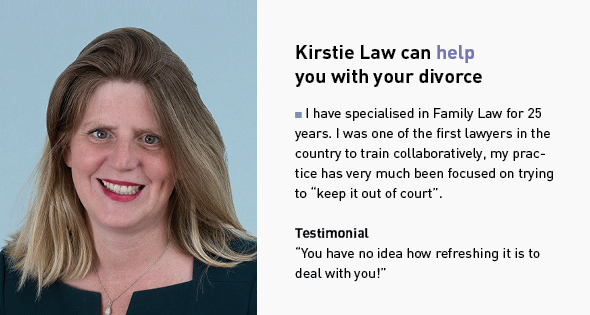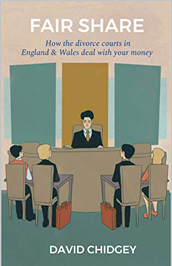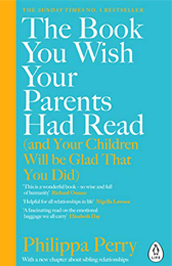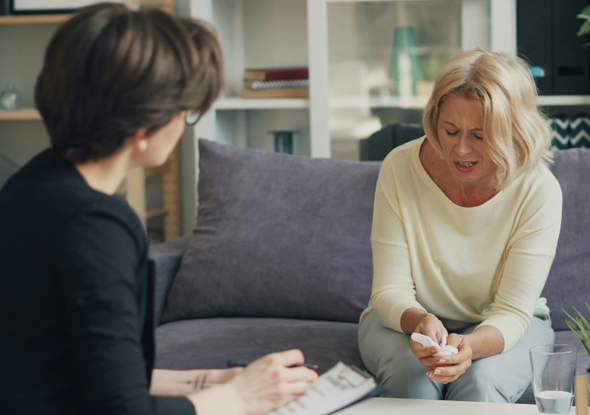Agreeing Child Arrangements

- This blog contains affiliate links, which we may receive a commission for purchases. The decision is yours, whether or not you decide to buy.
On 22 April 2014 child arrangement orders came into force. These orders specify who a child will live with and who a child will spend time with. They replace the previous terms of residence and contact and the still commonly used, even older terms, of custody and access.
There are various ways of agreeing arrangements for your children:
Round the kitchen table
Perhaps not surprisingly (you don’t often hear much about it) the majority of couples resolve the arrangements for their children between themselves discussing direct, or with the assistance of a relative or friend. There is no need for a court to approve the arrangements. The advantage of resolving direct is that there are no legal costs and the arrangements can be flexible and vary when future circumstances change.
Through correspondence
Some people find it difficult to talk to their ex, particularly when it has been an acrimonious break up. It is, however, possible to resolve without face-to-face meetings, including via text, e-mail, and/or solicitors writing on your behalf. If you feel your ex is being unreasonable, it may help to talk things through with a solicitor or mediator (see below)
Mediation
A mediator is impartial and his or her role is to assist a couple to come to an agreement. The mediator may be legally qualified and able to give information about the sort of orders a court might make and some mediators are qualified to see children, so that the children’s views can be taken into account.
Collaborative law
You and your ex appoint a collaboratively trained lawyer and there is then one (or a series) of four way meetings at which your lawyer will represent you and be able to give you advice, but in an open and hopefully constructive atmosphere.
You both have the opportunity to hear what the other person’s lawyer thinks, as well as your own. The lawyers should be honest about areas where a judge might have a discretion, ie there is no right or wrong answer.
The collaborative lawyers will encourage you to come to an agreement that is acceptable to you both, rather than take the risk of having an order that both of you potentially might be unhappy with aspects of. Collaboration is normally more expensive than mediation because there are two lawyers involved in the discussions, but normally significantly cheaper than going to court.
People also often comment that their relationship is better following the collaborative process, not just than it would have been if there had been court proceedings, but also than it was at the end of the marriage, making it much easier to co-parent going forward.
Court
This should be seen as a last resort, but in some cases it is necessary to ask a judge to decide what is best for your children. Either parent can make an application and, if agreement is not reached at the first court hearing, the judge will normally appoint a CAFCASS officer, who between the hearings will see both parties and the child(ren) before making a recommendation to the court as to the future arrangements.
If agreement is still not reached following the CAFCASS officer’s recommendations, then the parents have the opportunity to attend a final hearing, at which the judge will hear evidence from both of them and the CAFCASS officer before making an order.
It is unusual for a judge not to follow the CAFCASS recommendations, but in some cases this does happen. This is normally the most expensive way of resolving the future arrangements and is not unusual for it to take a year to 18 months to obtain a final order.
There are some potential advantages, however, including the fact that any order can then only be varied with both parents agreement, although note in practice there can be difficulties enforcing an order.
Written by Kirstie Law Solicitor, Collaborative Lawyer and Mediator at Thomson Snell & Passmore. www.ts-p.co.uk
PHOTO: FREEPIK
You may also like
Books
Buy now from Amazon
- The Co-Parenting Handbook
- Fair Share: How the divorce courts in England & Wales deal with your money
- The Book You Wish Your Parents Had Read THE #1 SUNDAY TIMES BESTSELLER
Podcast
If you’re looking for some straight-up, positive advice on topics that affect your daily life, then check out The Sue Atkins Parenting Show. Each week Sue bare will discuss every possible aspect of your parenting challenges, from weaning to whining, boundaries round technology to stroppy teens. You’ll get practical tips, techniques and advice that really work- and it’s all totally free.
Articles
- 8 Ways You Can Stay Financially Fit After Your Divorce
- Five Things To Let Go Of After Divorce
- Buying A Home Post Divorce Part 1
Videos
Practical advice and tips from professionals on what to do with issues and challenges around divorce from parenting to finance.
Events
Practical tips & advice designed to help people going through divorce, whether online or in person.
Useful links
Here's a selection of organistaioins from parenting to finance to help you with your divorce.


.jpg)





.jpg)






